Each year, the Italian government provides a range of tax deductions to encourage residents to engage in economy-stimulating, energy-saving, or otherwise worthwhile projects.
READ ALSO: Flat tax, superbonus and wild boar: What’s in Italy’s 2023 budget?
While the paperwork involved can be a headache, it’s well worth knowing what discounts are available – in some cases they can end up saving you tens of thousands of euros.
Here are the key reductions on offer in 2023.
Superbonus
Italy’s popular ‘superbonus 110’, which offers homeowners the chance to claim a tax deduction of up to 110 percent of the cost of renovation work, has been extended into 2023 under the budget bill – albeit in a reduced form.
READ ALSO: Who can claim Italy’s building superbonus in 2023?
From January the maximum available rebate will drop from 110 to 90 percent, and the scheme will exclude many of those who were previously eligible to claim.
You can read more about the precise changes planned for the bonus HERE.
Furniture and appliances bonus
The 50 percent discount on the purchase of new furniture and energy-efficient appliances for properties which have been renovated will remain available in 2023.
However, the discount will now only be applicable to expenses of 8,000 euros or less (down from the 10,000 euro limit for 2022).
Find more information on the Agenzia delle Entrate (Italian tax office) website here (in Italian).
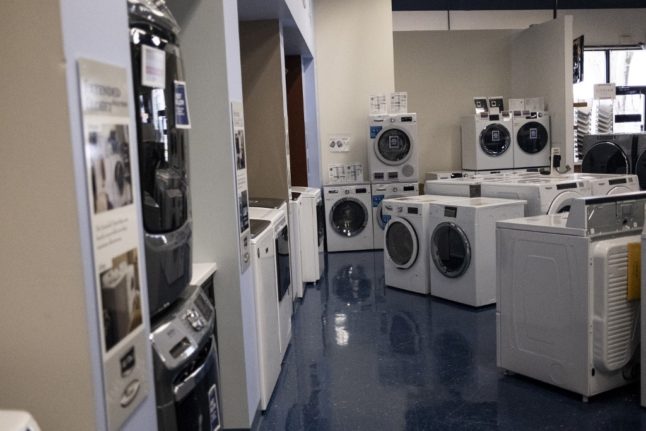
Earthquake bonus
The sisma bonus provides a reduction in costs related to reinforcing homes in parts of Italy at medium to high seismic risk (categories 1, 2 or 3).
The incentive allows property owners to claim between 50 and 80 percent of up to 96,000 euros on improvements that will make buildings more earthquake-safe, depending on the extent to which the changes reduce seismic risk.
The extended deadline for completing the renovations and applying for the tax deduction is December 31st, 2024; after this point, the benefit will return to its original value of 36 percent of up to 48,000 euros.
READ ALSO: Six things you need to know about claiming Italy’s ‘Sismabonus’
For more details, see the Agenzia delle Entrate’s Sismabonus website here (in Italian) or get in touch with the Agenzia delle Entrate directly. Find contact information here.
Ecobonus
If you carry out work to make your home more energy efficient and eco-friendly, for example by replacing your boiler with a low-carbon alternative, improving insulation, installing solar panels, adding blackout blinds or shutters, or even adding charging points for electric cars, you can claim a significant portion of the expenses back.
Savings of 50 percent or 65 percent can be claimed, depending on the type of work done; in common areas of condominium buildings, that figure rises as high as 75 percent.
The current deadline for taking advantage of the bonus is December 31st, 2024; after this date, like the sisma bonus, the benefit will reportedly shrink to 36 percent of up to 48,000 euros per real estate unit.
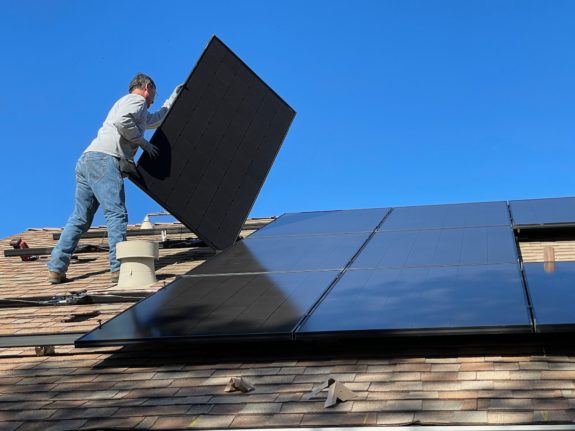
First home bonus
People buying their first residential property in Italy are eligible for reductions on registration, mortgage and land registry tax, as well as a lower rate of VAT if the purchase is subject to sales tax.
They can also claim credit against personal income tax on estate agent fees and mortgage interest.
If you’re a first-time homebuyer under the age of 36, a couple with one person under the age of 35, or a single-parent family with minor children, you’re eligible for even more savings – provided your household’s ISEE doesn’t exceed 40,000 euros a year.
READ ALSO: What’s an ISEE and when will you need one in Italy?
Certain taxes are wiped out altogether, notary fees are halved, and the state will even guarantee loans of up 250,000 euros. This subsidy, which had been due to expire in 2022, was recently extended until December 31st, 2023.
For more details, see the Agenzia delle Entrate’s website here (in Italian).
‘Green house’ bonus
Back for 2023 (having briefly been trialled in 2016-2018) is the bonus case green, which provides financial incentives to people buying more energy-efficient homes.
Buyers of houses with energy class A or B ratings can benefit from a 50 percent VAT reduction on their purchase until December 31, 2022; however they must buy directly from the construction company or a real estate fund.
Renovation bonus
The bonus ristrutturazione allows you to apply for a 50 percent tax reduction on renovating your property, on expenses up to 96,000 euros, until the end of 2024.
Work might include repairing structural damage, having the wiring replaced, adding a garage, making the property more wheelchair-accessible, installing security systems, removing asbestos or adding safety features such as gas detectors.
What you can’t claim for is ordinary upkeep and maintenance expenses; to be eligible for a subsidy, the work must involve a significant change or addition to your property.
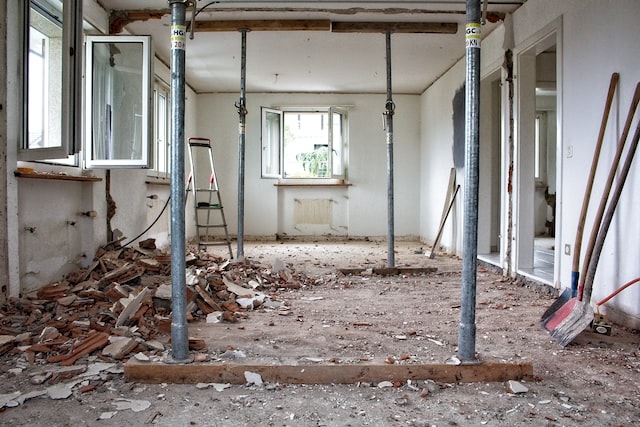
Garden bonus
If you’re considering adding or renovating green space, you can apply for a 36 percent tax deduction on landscaping, installing irrigation systems, building a well, creating a roof garden or other significant work on your property’s outdoor areas until the end of 2024.
The bonus verde can be claimed on expenses of up to 5,000 euros per property and can be claimed on more than one home in your name. Routine maintenance and upkeep of your garden does not qualify.
For more details, see the Agenzia delle Entrate’s bonus verde website here (in Italian).
Drinking water bonus
To incentivise people in Italy to ditch plastic bottles in favour of more environmentally friendly alternatives, the government has extended the bonus acqua potabile until the end of 2023.
A 50 percent discount will be available for the purchase and installation of products that provide tap water filtration, mineralisation, cooling or carbonation.
The tax reduction can be applied to expenses of up to 1,000 euros for private individuals, or up to 5,000 euros for businesses.
Psychologist bonus
Italy’s psychologist bonus (bonus psicologo), a voucher for residents looking to access public mental health services, will increase from 600 euros to 1,500 euros in 2023.
The bonus, which was first introduced by Draghi’s government in July 2022, will remain available to residents with an ISEE below 50,000 euros a year.
However, with just 5 million euros allocated to the scheme this year, down from 25 million in 2022, it’s estimated that only around 10 percent of the roughly 400,000 who have applied will be able to benefit.
See more information about claiming the ‘psychologist bonus’ on the INPS website here (in Italian)
‘Culture bonus’ for 18-year-olds
A 500-euro payment made to young people on their 18th birthday to spend on books, museum and cinema tickets and other culture-linked items will be means-tested from 2023.
The existing 18App bonus will be replaced by two new payments: the ‘Carta della Cultura Giovani’ (Youth Cultural Card) and the ‘Merit Card’ (Carta del Merito).
The former will be awarded to 18-year-olds whose households have an ISEE under 35,000 euros, and the latter will go to those who graduated from high school with full marks.
Both bonuses will be worth 500 euros and will be applicable to the purchase of the same items encompassed by the former bonus cultura.
Bills bonus
The bonus bollette or bonus sociale, designed to offset ever-rising gas and electricity bills for lower-income households, will be available to those with an ISEE of up to 15,000 euros in 2023, the threshold having been raised from 12,000 in 2022.
Households with at least four dependent children that have an ISEE of up to 20,000 euros are also eligible.
An estimated 6.2 million people should benefit, up from 5.2 million last year. Those who qualify shouldn’t need to take any action; the discount will be automatically applied to energy bills.
Please note that The Local is unable to advise on or assist with claiming tax deductions. For more information, consult an independent financial advisor or get in touch with the Agenzia delle Entrate. Find contact information here.

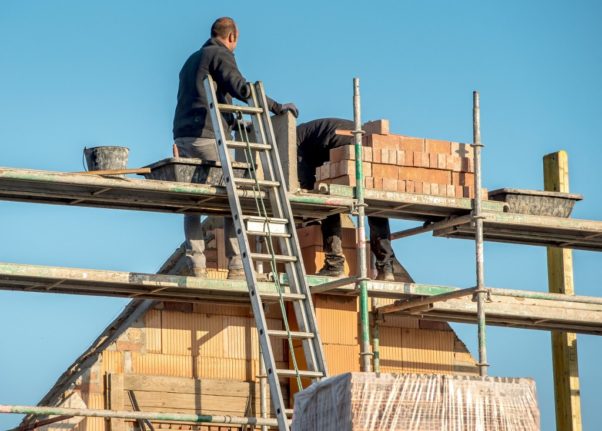
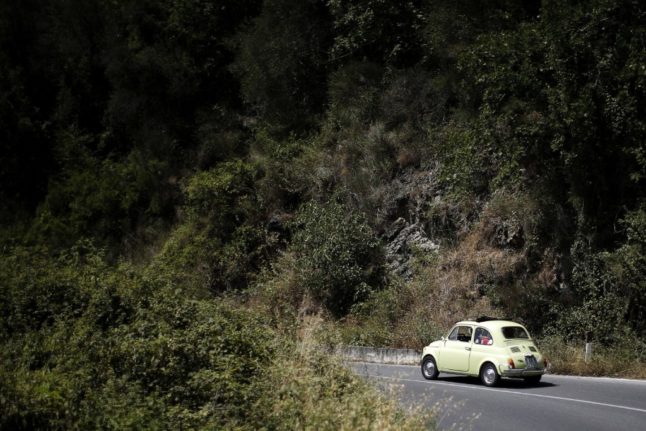
 Please whitelist us to continue reading.
Please whitelist us to continue reading.
Can renters claim any of these tax bonuses? These seem to mostly refer to home owners/buyers. For example, I would like to replace refrigerator in my apartment as the original is VERY old and probably not efficient. My landlord is not inclined to make the purchase.
There may be other renters among your subscribers who also would like some details – if not simple links – for tax breaks available to them.